in Thoreau’s Journal: [selections from a very long entry]
A tree seen against other trees is a mere dark mass, but against the sky it has parts, has symmetry and expansion…
The thousand fine points & tops of the trees delight me—they are the plumes & standards & bayonets of a host that march to victory over the earth. The trees are handsome towards the heavens—as well as up their boles—they are good for other things than boards & shingles…

Obey the spur of the moment. These accumulated it is that makes the impulse & impetus of the life of genius….
My life essentially belongs to the present…
In winter we will think brave & hardy—& most native thoughts. Then the tender summer birds are flown.
In few countries do they enjoy so fine a contrast of summer & winter—we really have four seasons. each incredible to the other. Winter cannot be mistaken for summer here…
The lichens look rather bright today near the town line…I could study a single piece of bark for hours. How they flourish! I sympathize with their growth…

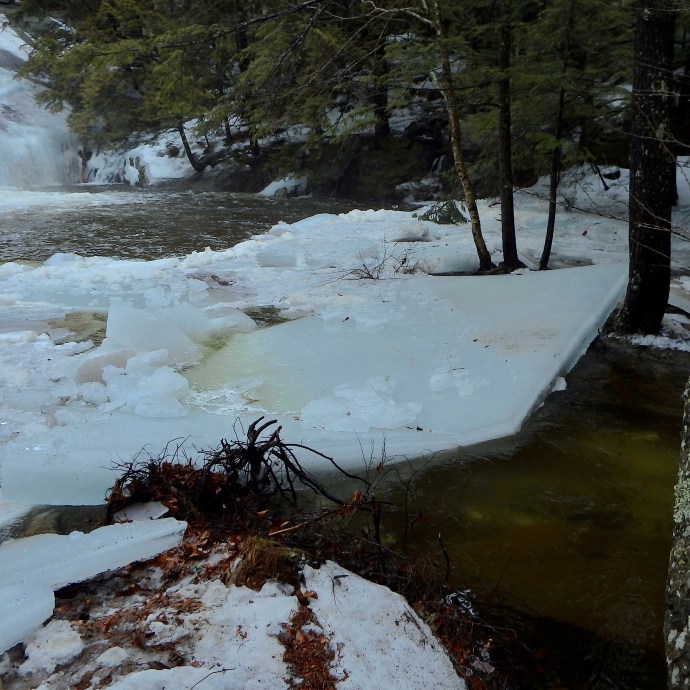


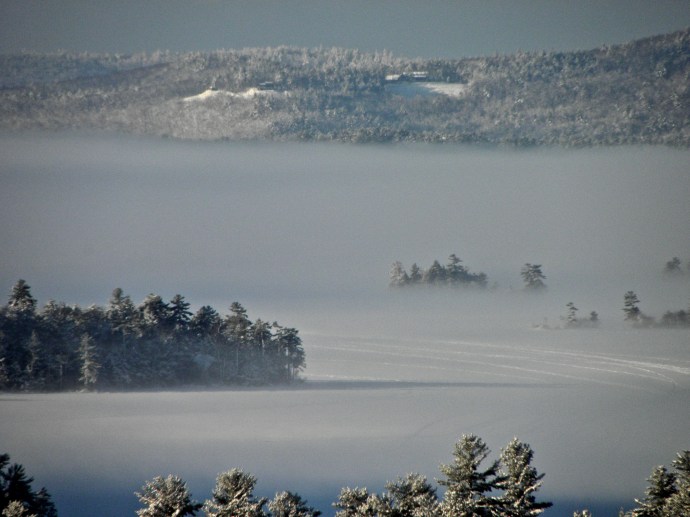
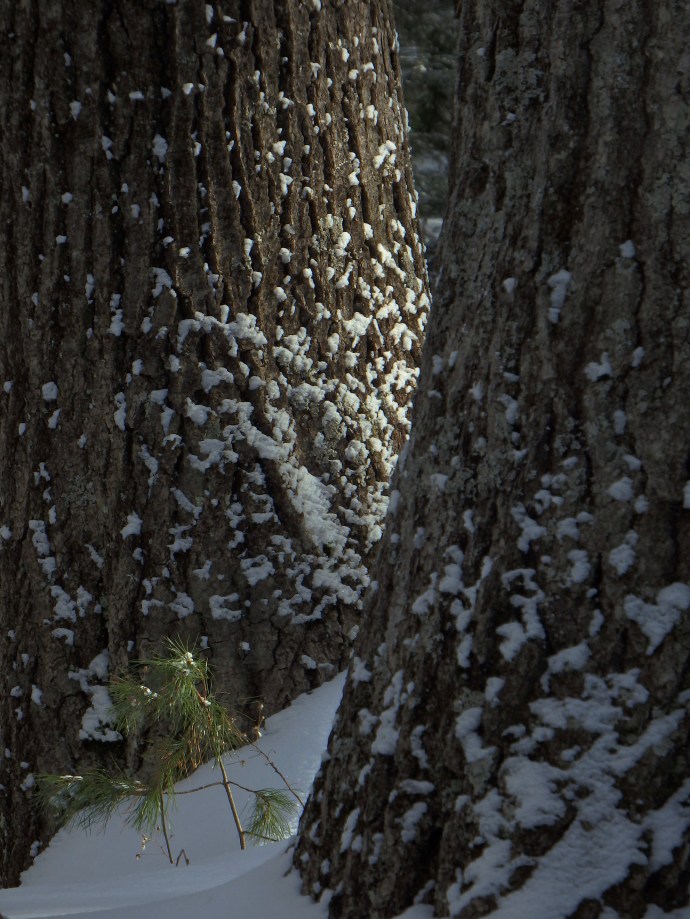
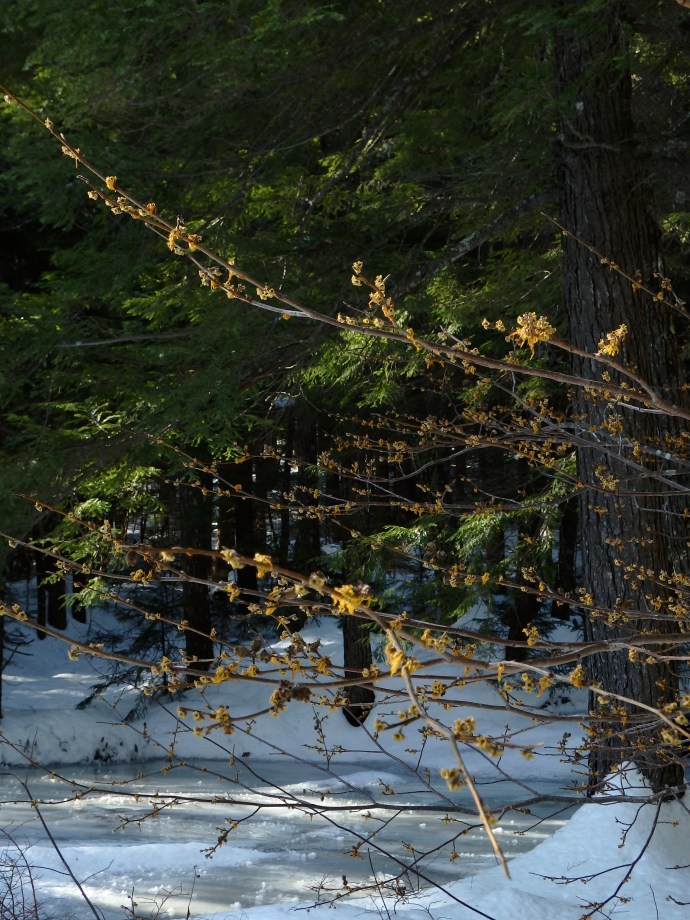
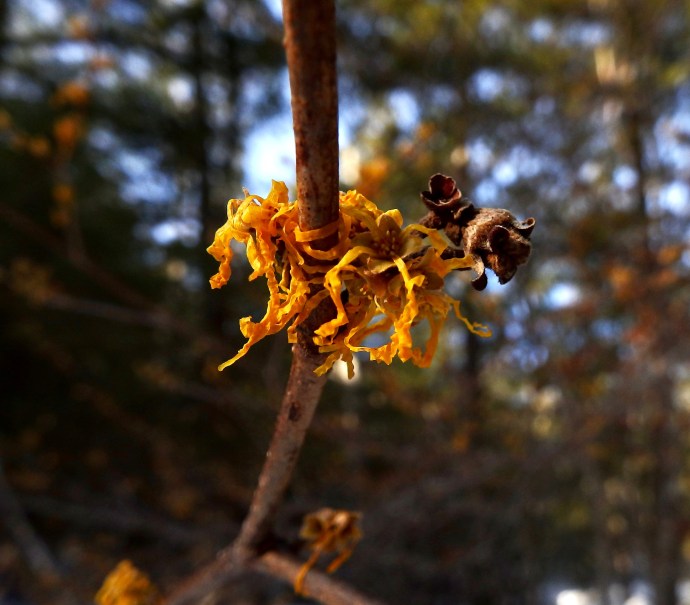


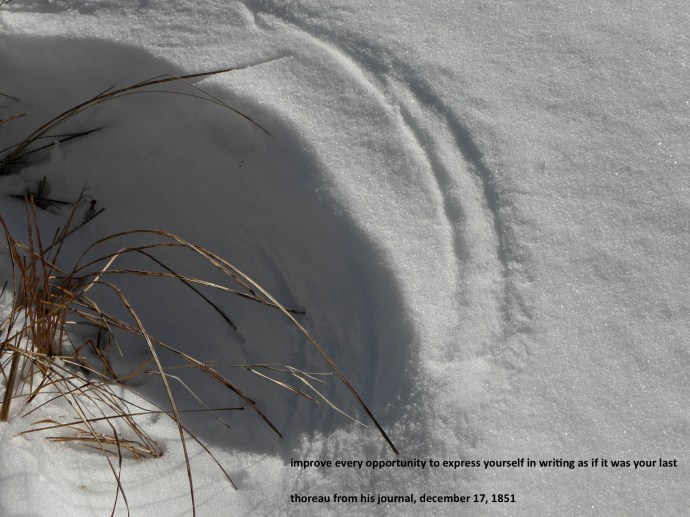

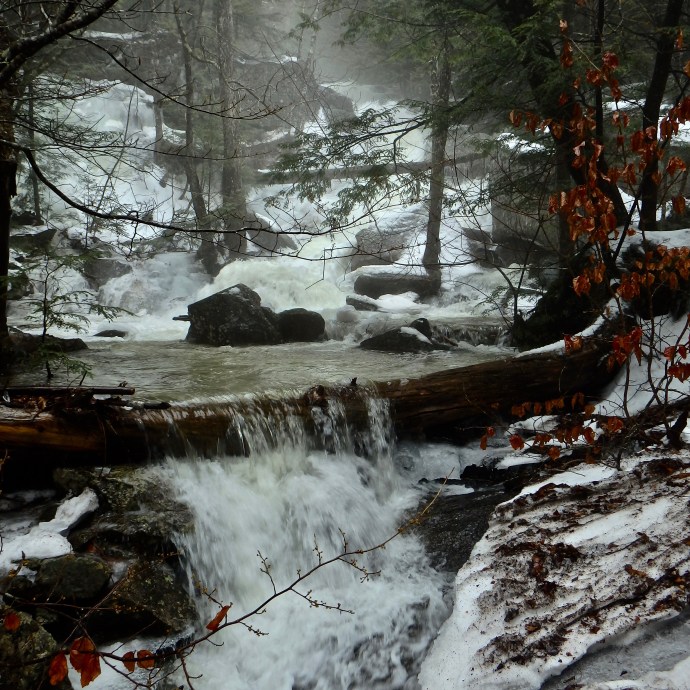


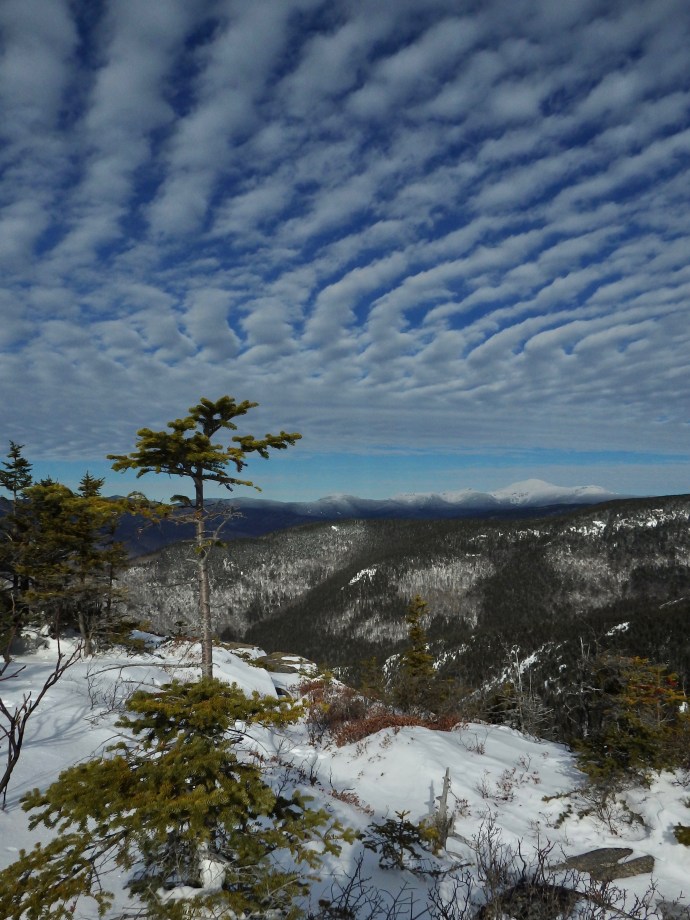


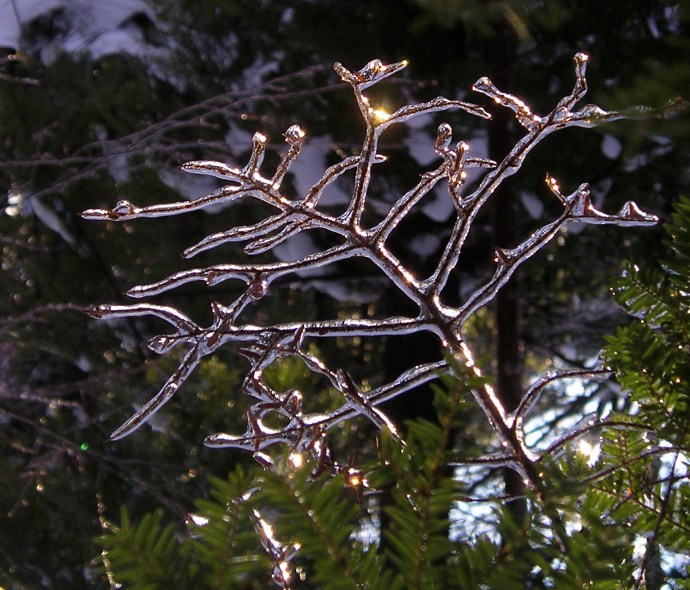

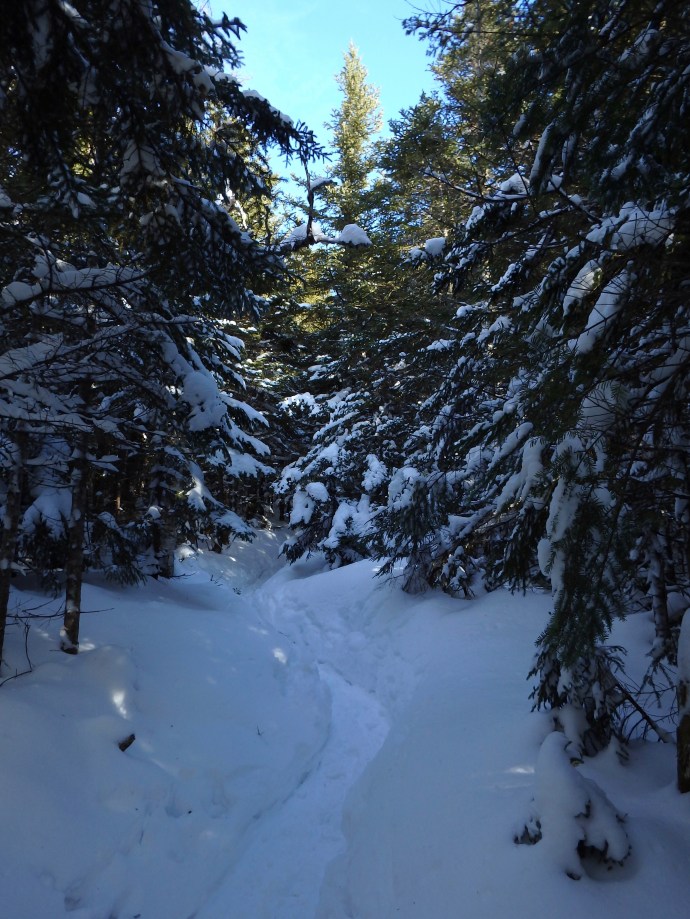
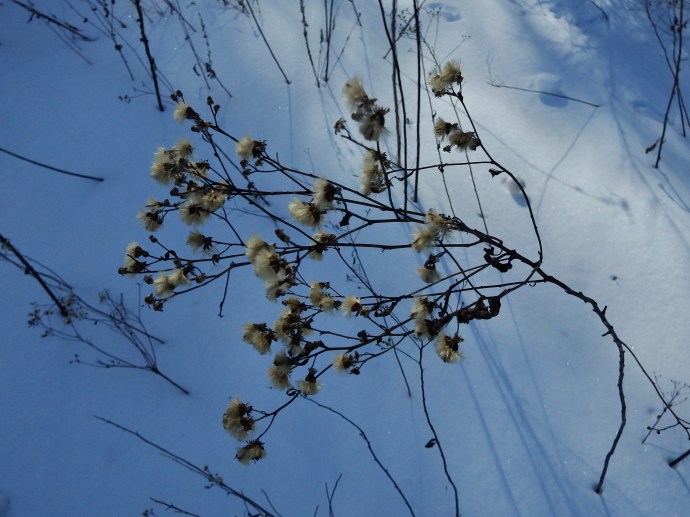
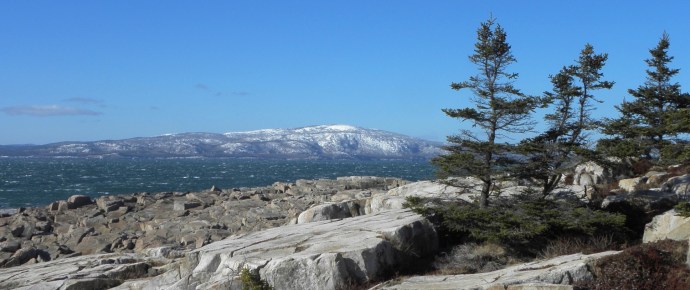
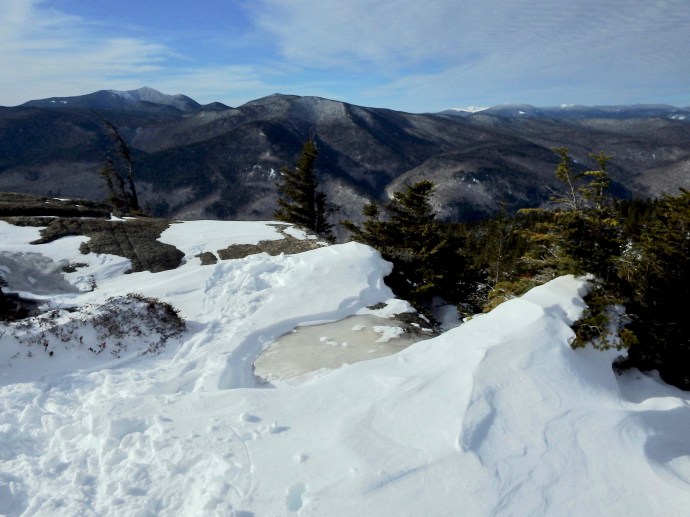
You must be logged in to post a comment.